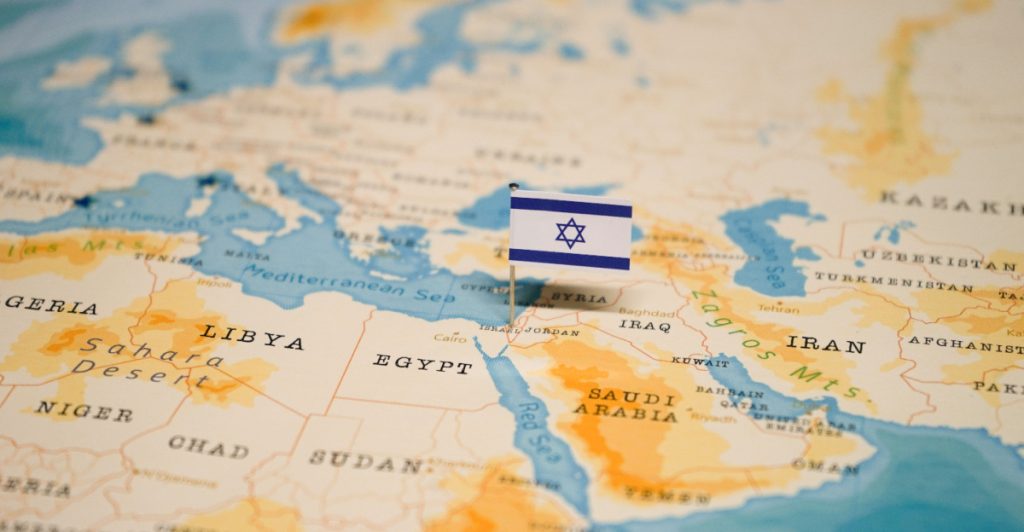Israel was founded through a UN mandate, yet now denounces the same body for its stance on settlements. As expansion continues, critics say Israel is defying the very laws that once enabled its birth.
Others are reading now
Israel was founded through a UN mandate, yet now denounces the same body for its stance on settlements. As expansion continues, critics say Israel is defying the very laws that once enabled its birth.
From UN Creation to Accusations of Bias

Israel was established in 1948 through a United Nations plan that partitioned British-mandated Palestine.
While the UN played a central role in its creation, Israel has since turned its ire toward the same institution, accusing it of anti-Semitism for its continued criticism of Israeli policies.
Settlements: Core of International Criticism
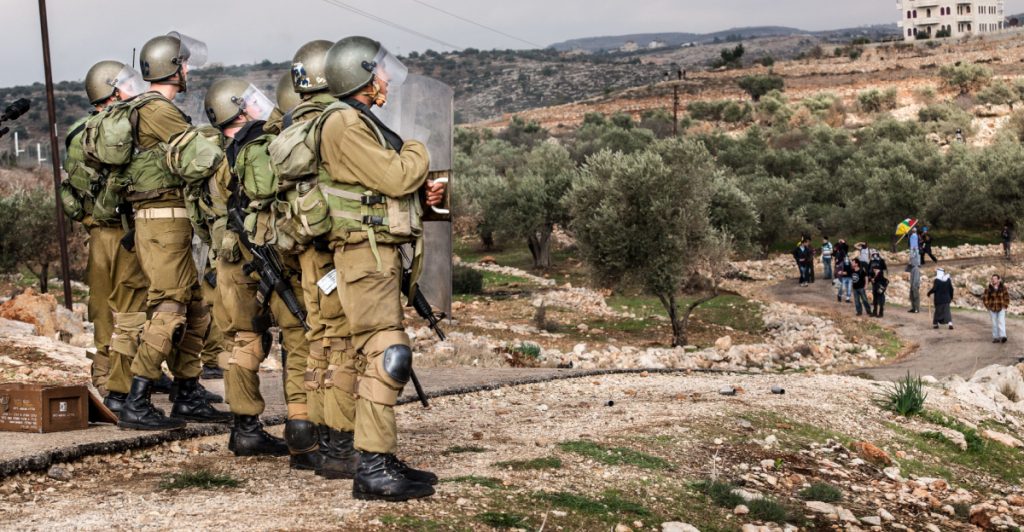
Much of this criticism focuses on Israel’s expanding settlement enterprise in occupied Palestinian territory (OPT), which violates core tenets of international law and is widely condemned globally.
Also read
Legal Foundations of Occupation
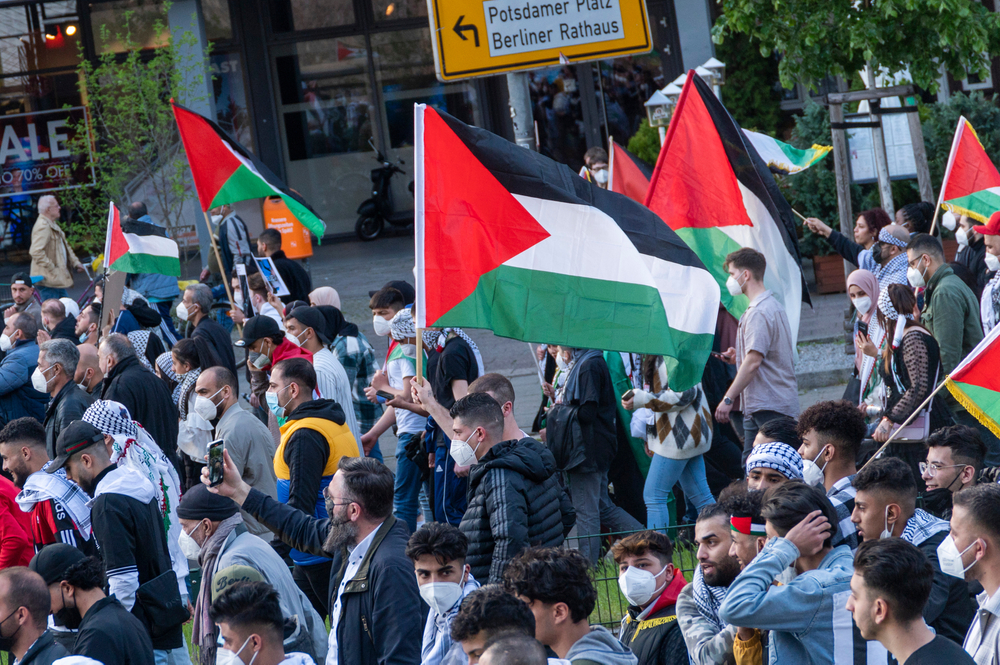
Two major legal regimes apply to the OPT: international humanitarian law, including the laws of occupation, and international human rights law.
Violations of these can also constitute crimes under international criminal law.
Geneva and Hague Violations
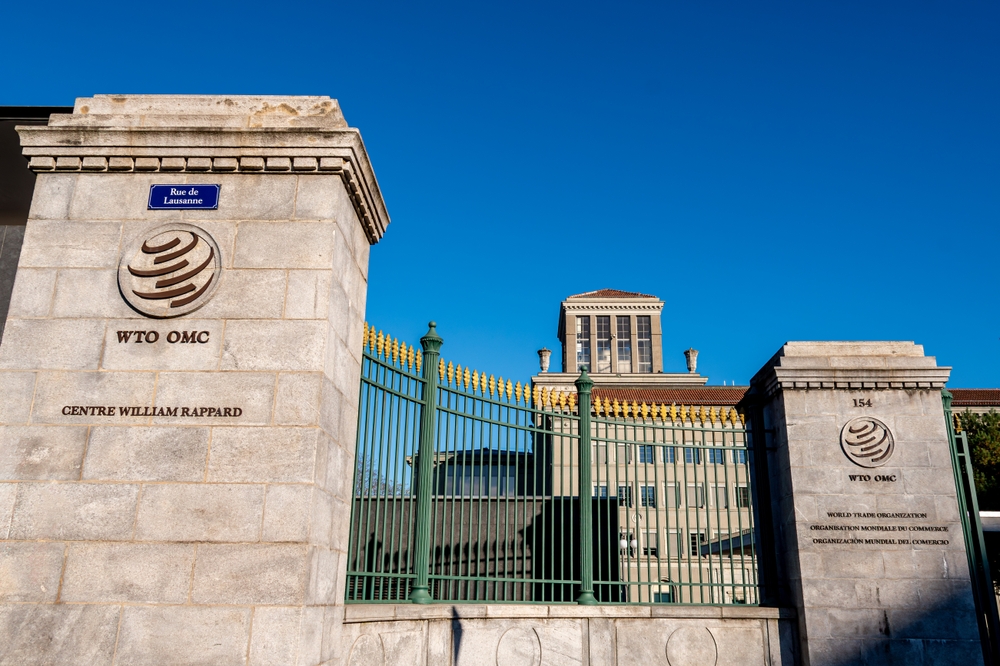
Israel’s settlements directly contravene Article 49 of the Fourth Geneva Convention, which forbids transferring a population into occupied territory.
The Hague Regulations of 1907 also restrict the use and destruction of occupied land and property.
Misuse of Resources and Usufruct Law
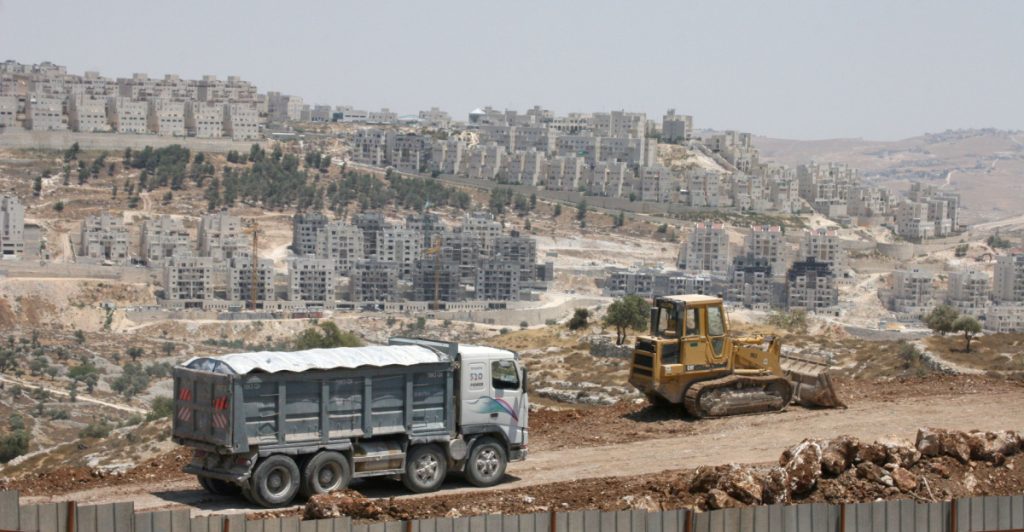
The law of usufruct, part of the Hague Regulations, allows an occupying power to administer public resources but not to exploit them for its own benefit.
Israel, however, has permanently appropriated land, water, and infrastructure in the OPT for the benefit of Israeli settlers.
War Crimes and Pillage
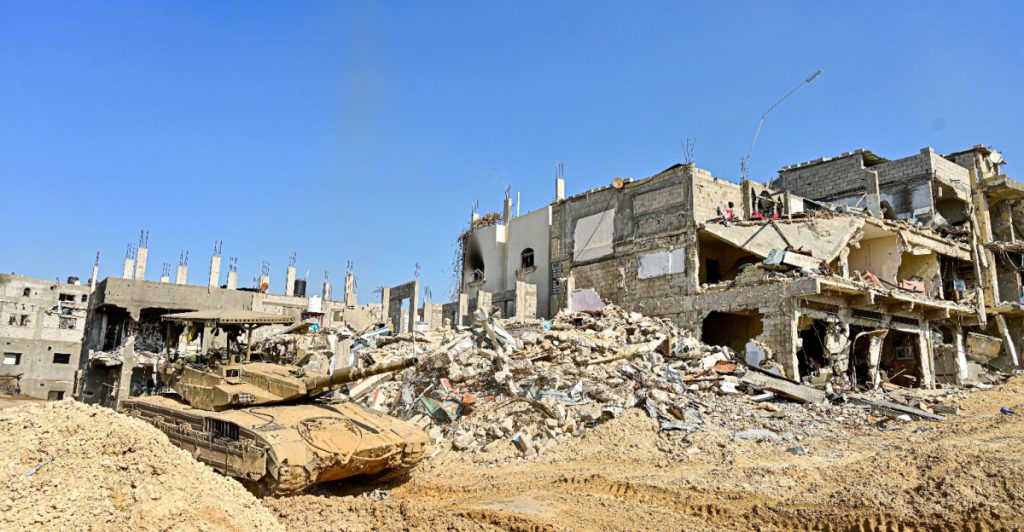
The Rome Statute defines the transfer of population, destruction of property not justified by military needs, and pillage as war crimes. Israel’s settlement expansion and land appropriation meet these legal criteria.
Systemic Human Rights Violations
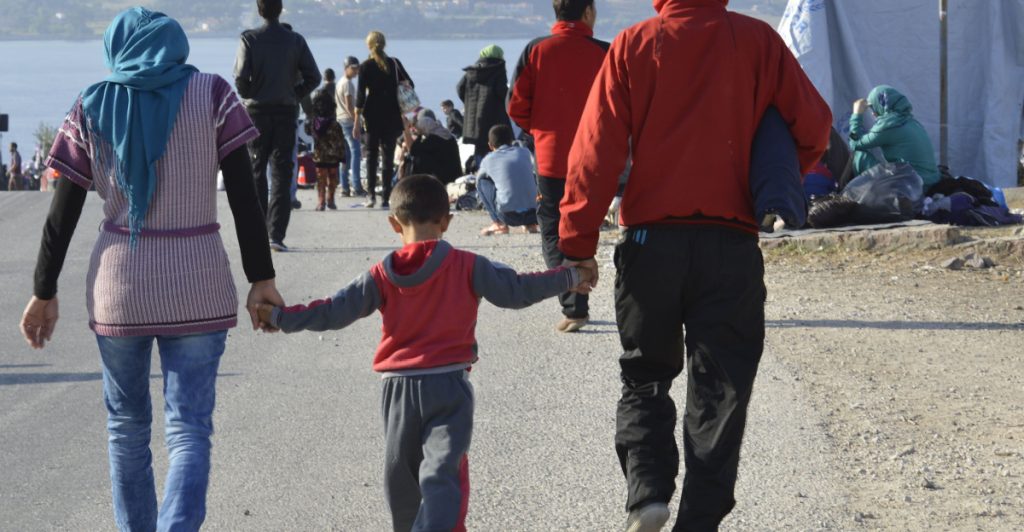
Settlements enable widespread abuse: arbitrary detentions, forced evictions, and denial of civil rights. Settlers are subject to Israeli civil law, while Palestinians face military courts.
Impact on Daily Life and Families
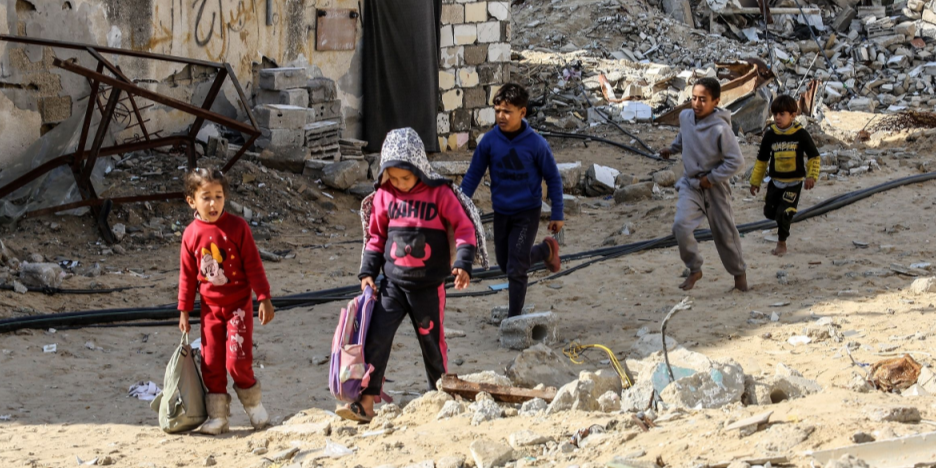
Palestinians face restrictions on housing, education, employment, and movement. Home demolitions and water scarcity are rampant. Children endure arrests and trials in military courts—many are detained in night raids.
Global Condemnation vs. Israeli Framing

International bodies — from the UN to the EU — have repeatedly condemned settlements. UN resolutions, including 2334, call for halting expansion. Yet Israel frames these legal objections as political or anti-Semitic attacks.
A Founding Ally Turned Target
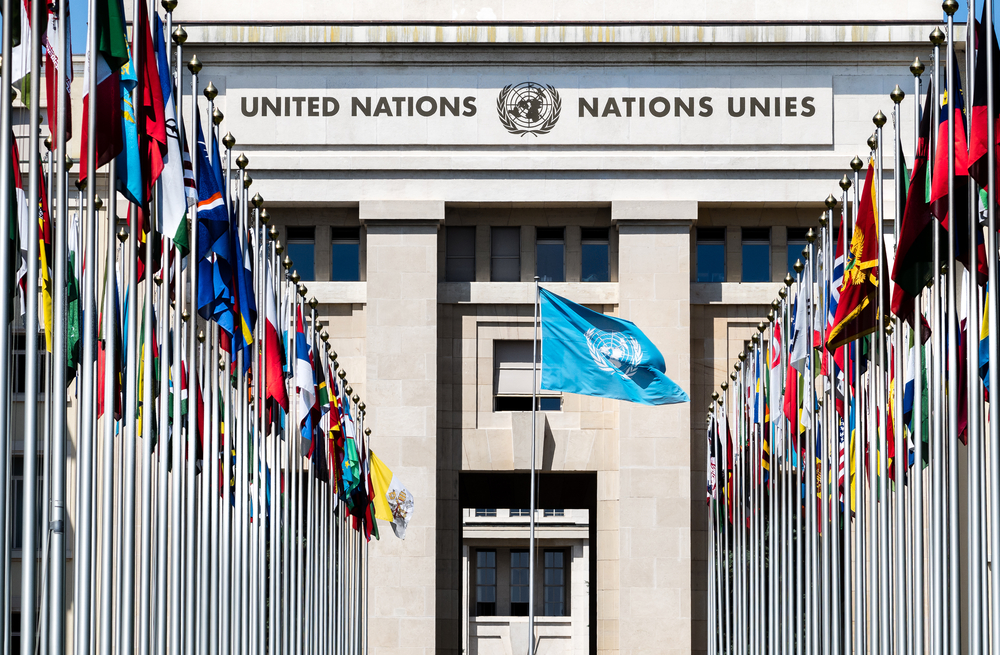
The contradiction is stark: Israel was born of a UN resolution, but now decries the institution’s criticism. The settlements are not only illegal—they undermine peace and the possibility of a two-state solution.

